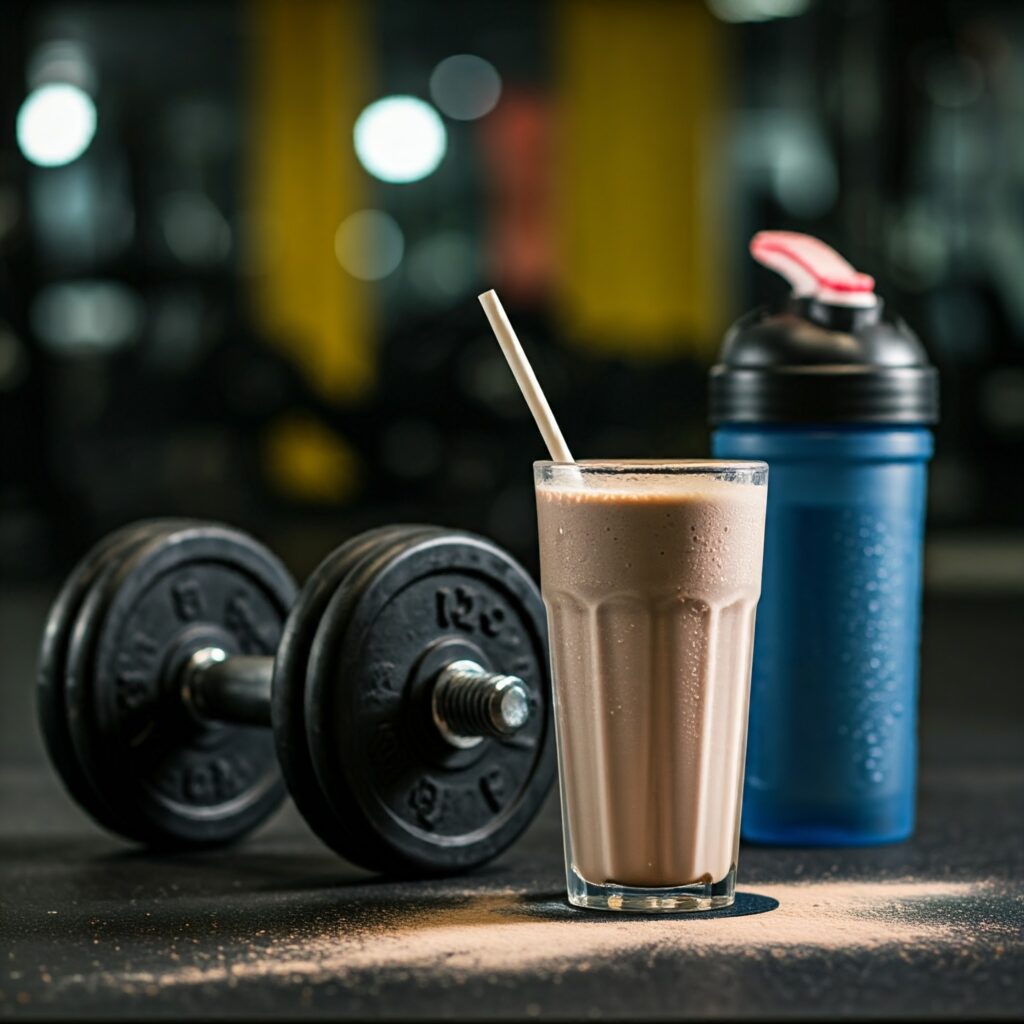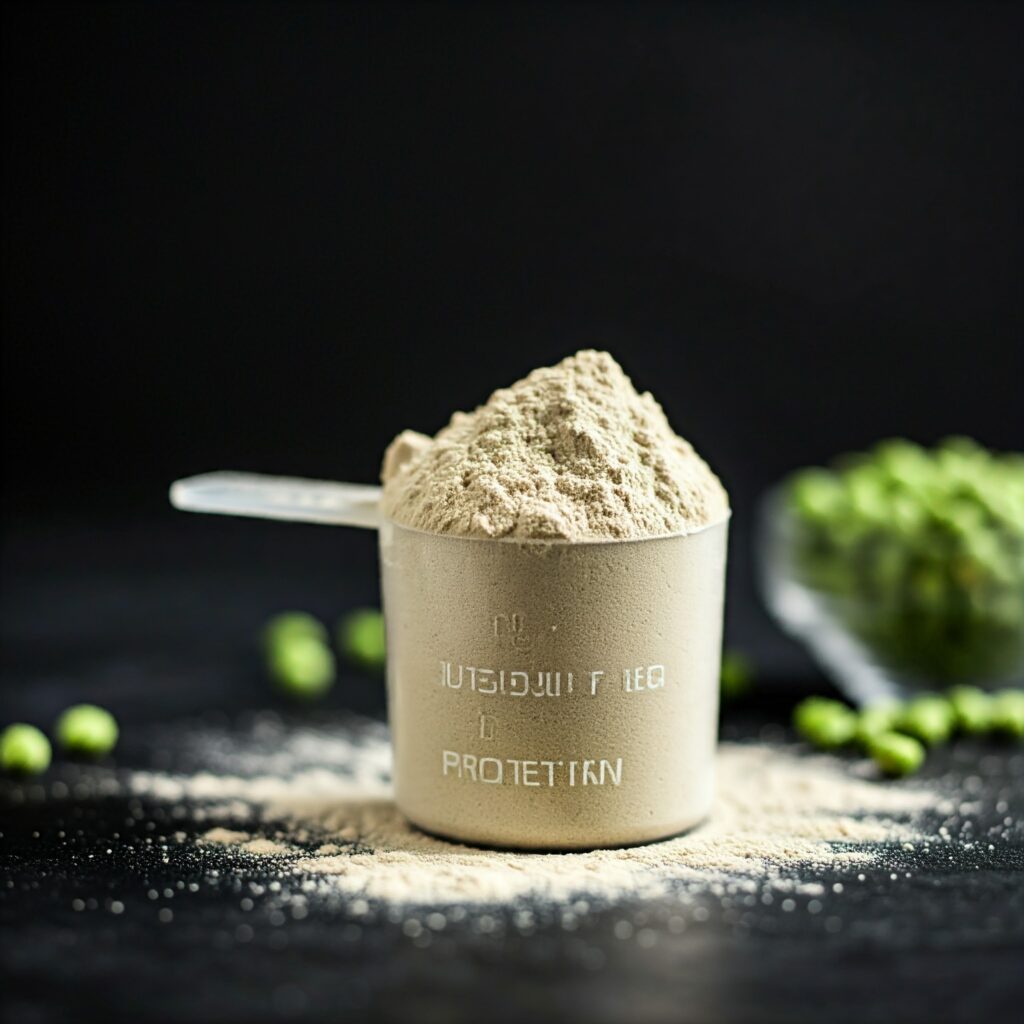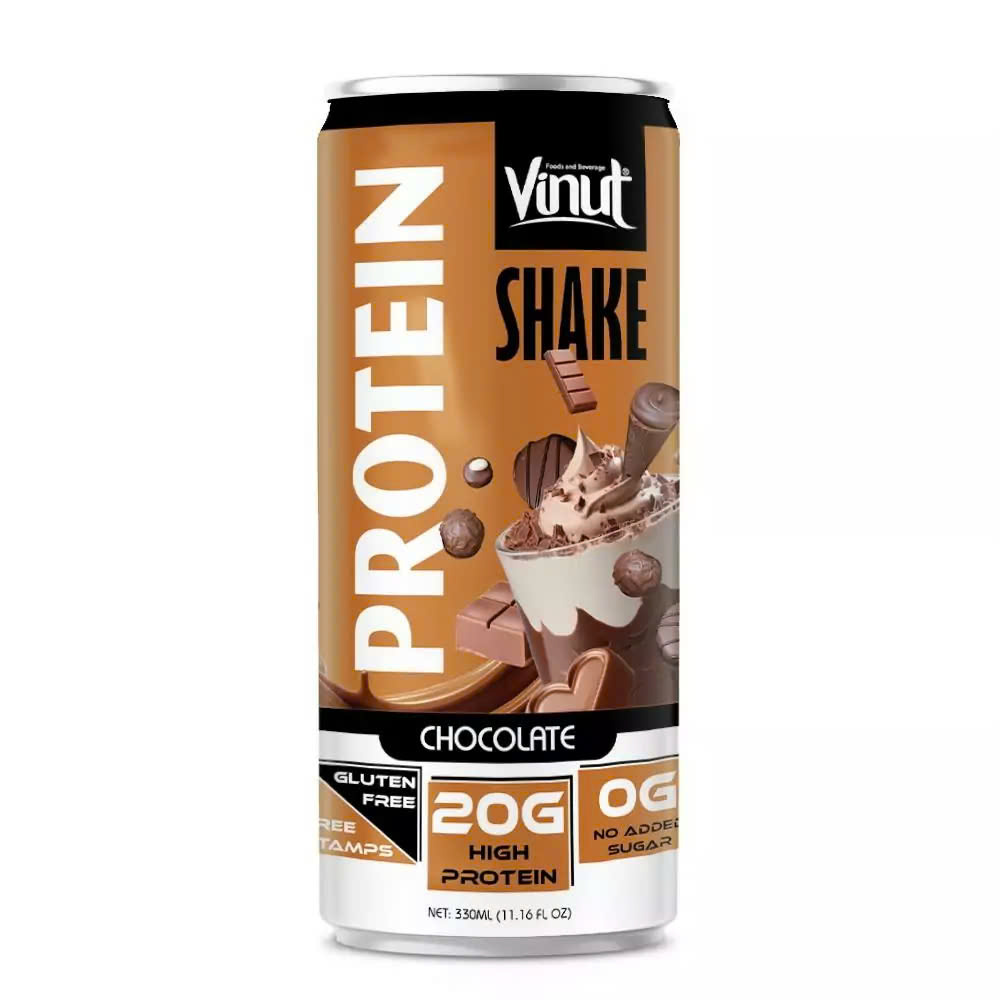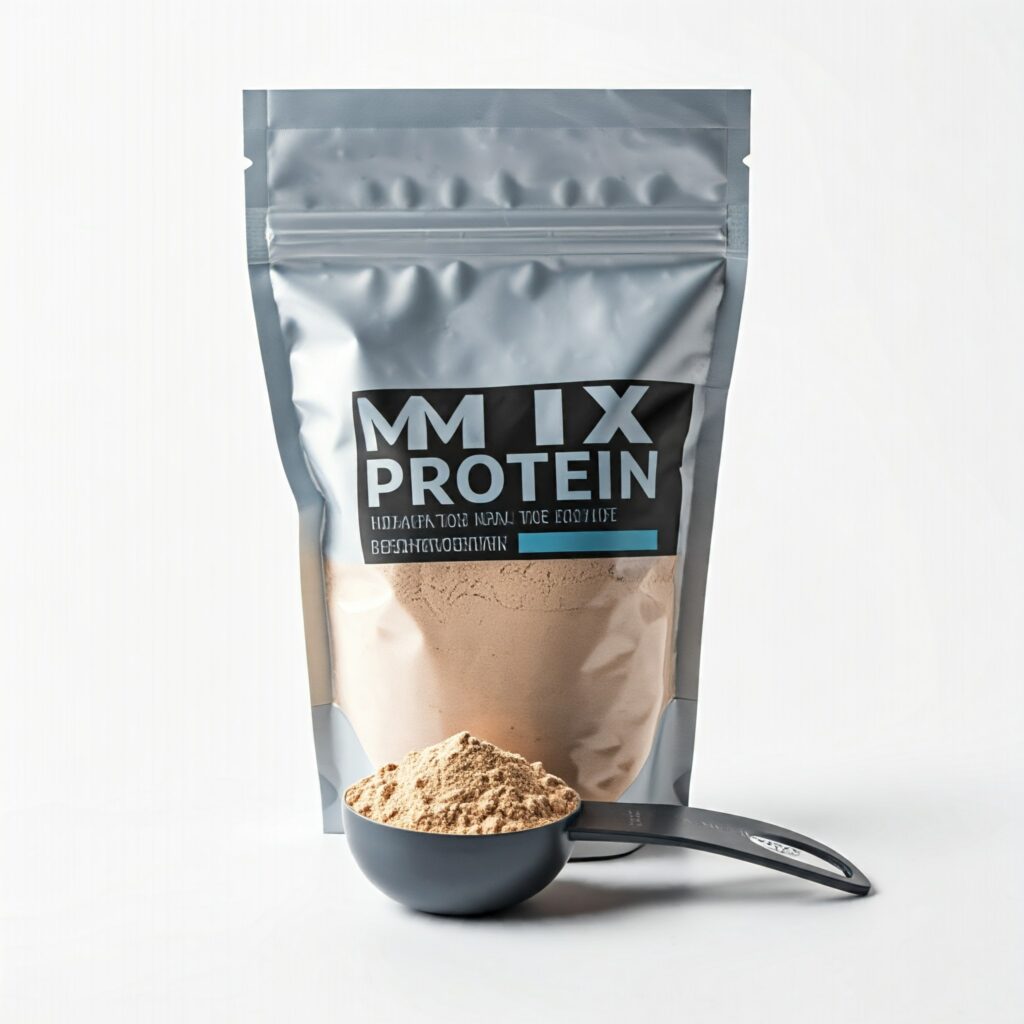
BLOG
Protein Shakes and 4 Things You Need to Know

Protein shakes are the perfect solution if you're looking to build muscle, recover faster after workouts, or simply maintain a healthier diet. Discover the incredible benefits of protein shakes and learn how to use them effectively.
What is a Protein Shake?
Protein shake is nutritional beverage made by dissolving protein powder in water, milk, or fruit juice. It's designed to provide a quick and convenient source of protein, especially for busy individuals or those who regularly exercise.
Protein powder can come from various sources, including whey, casein, soy, or plant-based proteins, offering a variety of flavors and nutrients. Protein shakes are often consumed post-workout to aid muscle recovery and promote strength and growth.
Many protein shakes also contain additional nutrients like vitamins, minerals, and probiotics, enhancing overall health. They can be blended with fruits, greens, or other ingredients to create nutritious and delicious smoothies. With this convenience and versatility, protein shakes have become a popular choice for those aiming for a balanced and healthy diet.

Why Are Protein Shakes So Popular?
The rise of fitness and healthy living has made protein shakes a staple in many diets. They offer a quick and convenient source of protein, appealing especially to gym-goers and athletes.
Protein shakes aid recovery after workouts and support muscle growth, making them ideal for busy individuals seeking easy nutrition. With various flavors and protein sources, such as whey or plant-based options, they can also be enhanced with vitamins and probiotics.
As more people prioritize healthy eating, protein shakes have become a go-to choice for maintaining health and improving performance, contributing to their growing popularity.

Benefits of Protein Shake
Supports Muscle Growth
Protein is an essential component in building and repairing muscle. Consuming a protein shake after workouts provides the necessary amino acids, promoting protein synthesis and effectively enhancing muscle growth. This is particularly important for those looking to improve strength and physique.
Aids Post-Workout Recovery
Protein shakes help reduce muscle soreness and fatigue after exercise by supplying the nutrients needed for quick muscle recovery. Timely recovery is crucial, especially for individuals training at high intensities, allowing them to be ready for subsequent workouts without feeling exhausted.
Helps with Weight Management
Protein shakes can help you feel fuller for longer, reducing cravings and supporting weight management. They are an excellent choice for those looking to maintain or lose weight effectively. The addition of protein helps minimize hunger and improve weight control.
Boosts Energy and Overall Health
A protein-rich diet can enhance overall health, provide energy for the body, and support immune function. Protein shakes often contain additional vitamins and minerals, increasing their nutritional value. With their diverse nutrient profile, protein shakes are not just a beverage but an important part of a healthy lifestyle.

Types of Protein Shakes
Whey Protein
Whey protein is extracted from milk and is known for its rapid absorption, making it a popular choice in the fitness community. With a high amino acid content, whey protein effectively aids muscle recovery after workouts. It is an ideal option for those who need quick recovery and want to optimize their workout performance.

Plant Proteins
Includes things like soy, beans, rice, etc. Plant proteins are an ideal choice for vegetarians or those looking to cut down on animal products. They provide a high-quality source of protein and are generally easy to digest.

Casein Protein
Extracted from milk, casein protein has a slower absorption rate compared to whey. This makes it a great choice for consumption before bedtime, as it provides a steady supply of protein to the body over an extended period. Taking casein protein at night helps maintain amino acid levels in the bloodstream, supporting muscle recovery throughout the night and preventing muscle loss during sleep.

Mixed Protein
Mixed protein typically includes various protein sources, combining the benefits of each. This type of product offers balanced and diverse nutrition, making it ideal for those seeking a comprehensive supplement. Mixed protein can meet various nutritional needs and help enhance physical performance while supporting muscle recovery.

How to Use Protein Shakes
Timing
Before Workouts: Consume a protein shake about 30-60 minutes prior to your workout to provide energy for your body. This not only helps enhance endurance but also supports protein synthesis, preparing your muscles for optimal performance during the session.
After Workouts: This is the ideal time to replenish protein, aiding in recovery and muscle building. Drinking a protein shake post-workout supplies essential amino acids, promoting quick recovery and muscle repair, while reducing post-exercise soreness.

Daily Protein Requirements
The necessary amount of protein varies based on several factors, including age, gender, activity level, and fitness goals. A general guideline is to consume about 1.2 to 2.0 grams of protein per kilogram of body weight for individuals who exercise regularly. For those looking to build muscle, protein intake may need to be higher, while those aiming to maintain weight might require less.
Monitoring your protein intake ensures that you are providing sufficient nutrition to support overall health and optimal physical performance.

